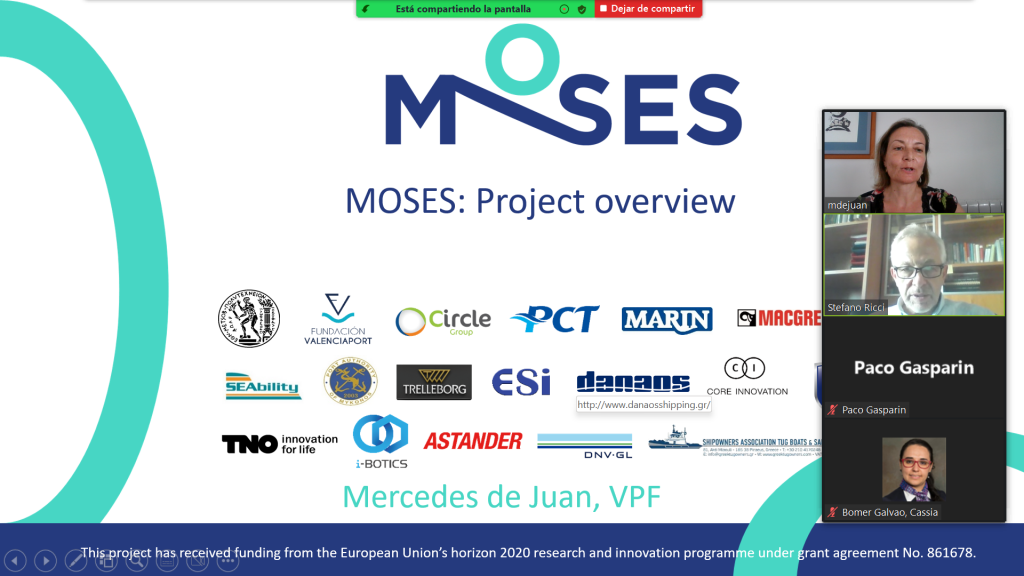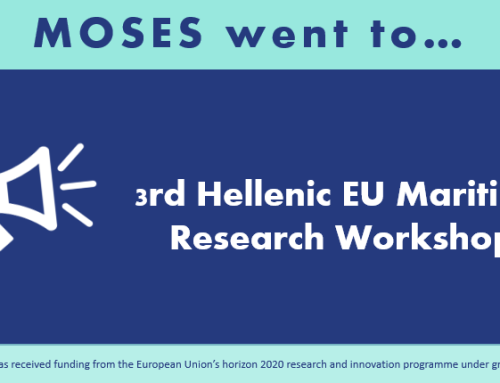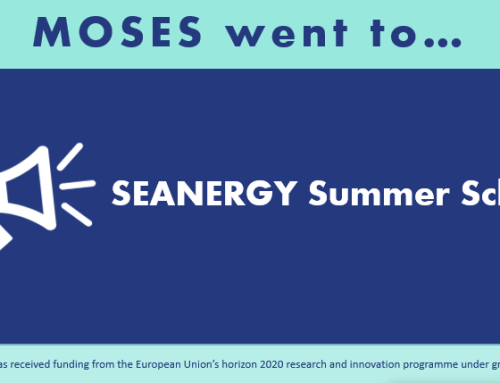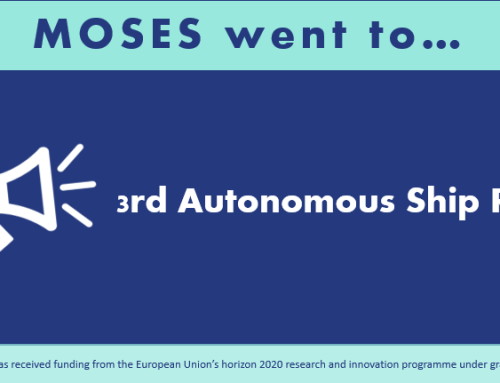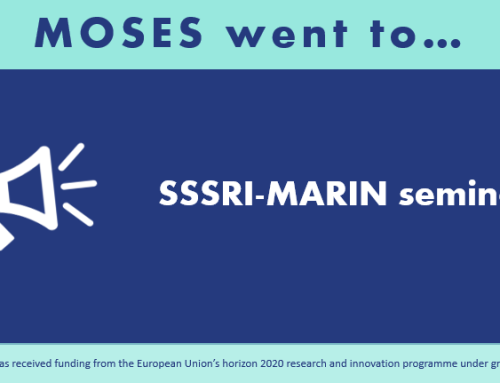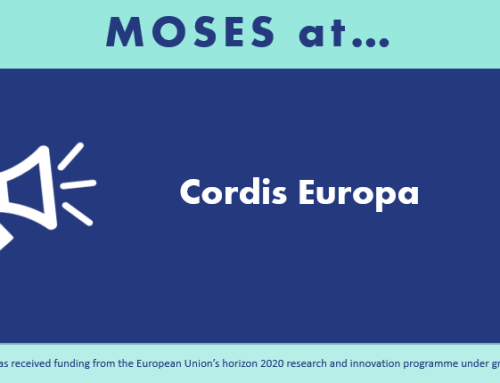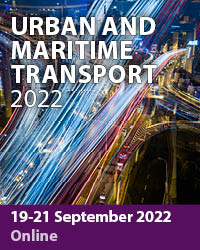
28th International Conference on Urban and Maritime Transport and the Environment is the merging of two successful events organised by the Wessex Institute, the International Conference on Urban Transport and the Environment which started in Southampton in 1995 and the International Conference on Maritime Transport which originated in Rome, Italy in 2019.
This year the conference took place on 19–21 September 2022. The ongoing political and military crisis in Ukraine, and feedback from potential participants led the organisers to conclude that the time is still not yet right to hold their conferences in person, as they had hoped, and they have therefore decided that the best interests of their delegates would be served by keep holding their conferences in virtual format.
The substantial growth of maritime shipping has resulted in large transported quantities around the world, creating a demand for innovative solutions for ports and fleets, well reflected by the success of the First International Conference on Maritime Transport, held in 2019. These two apparently parallel topics meet in the transport and environmental management of coastal cities, both being affected positively and negatively by landside and seaside traffic.
The continuing requirement for better urban transport systems and the need for a healthier environment creates a fertile environment for original ideas, innovative approaches and applications of advanced technologies, their tests and evaluations in practice. Moreover, there is a growing need for integration with IT systems and applications to improve safety and efficiency.
Maritime Transport is highly interconnected with rail, road and air services, as well as inland waterways. Each of these must therefore operate complimentary of one another to maximise efficiency and respond rapidly to variable economic and political contingencies.
The variety of topics covered by the conference reflects the complex interaction of the transport systems with their environment and the need to establish integrated strategies. The aim is to arrive at optimal socio-economic solutions while reducing the negative environmental impacts of transportation systems typically by interdisciplinary approaches. Therefore, the conference focused on multidisciplinary research and development, as well as operational experiences.
MOSES was represented by its VPF colleagues by Mrs. Mercedes De Juan Muñoyerro, who submitted and presented a paper entitled: “The MOSES project: enhancing short sea shipping with automated technologies”.
Paper can be accessed here and the corresponding presentation here.
